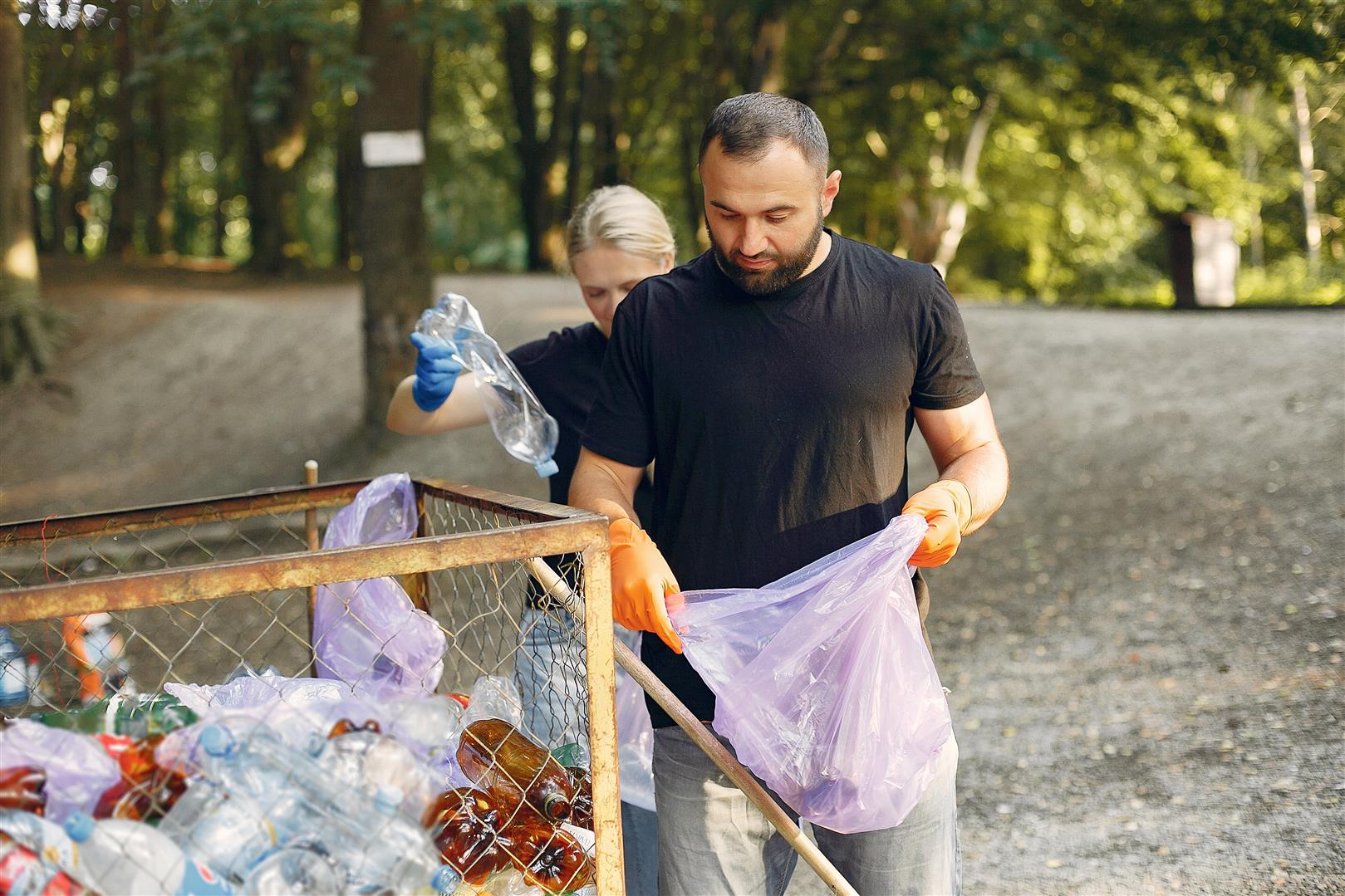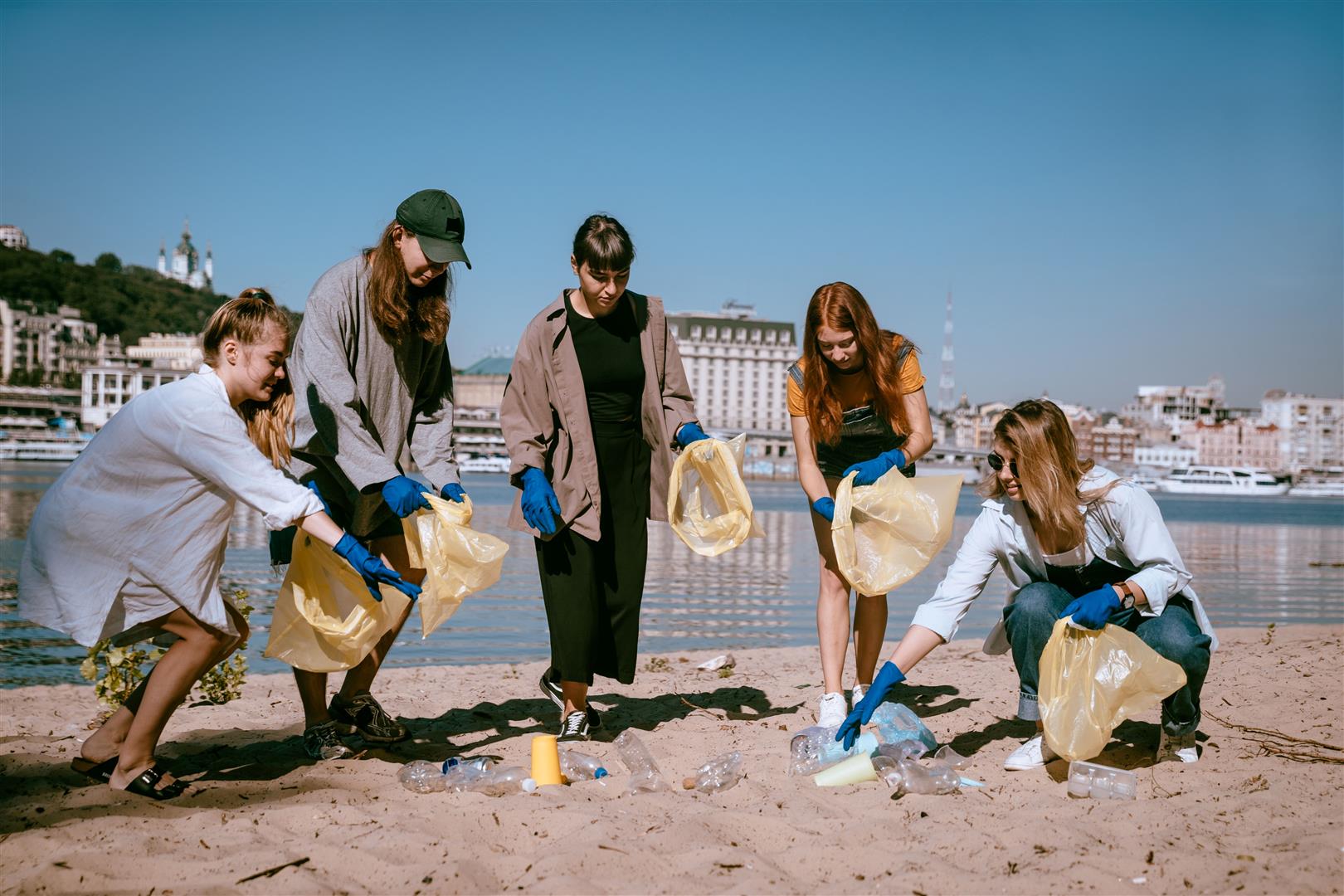
Thailand is facing the problem of urban waste due to the amount of various types of waste increasing every year and is likely to become a more serious problem especially in large cities and communities. According to a report in 2022, the total amount of solid waste across the country was 24.98 million tons, of which 31.6% were utilitarian waste, 37.1% were properly disposed of, and 31.3% were improperly disposed of.
The government has a policy to solve waste management problems, starting from sorting solid waste according to households, which can be divided into 4 types as follows:
1. Organic waste or biodegradable waste is waste that rots and decomposes quickly and can be composted to make fertilizer.
2. Recyclable waste or usable solid waste is packaging or waste material that can be recycled
3. Hazardous waste or hazardous solid waste is waste that is contaminated or contains toxic or harmful substances
4. General waste or general solid waste is waste other than biodegradable waste, recyclable waste and hazardous waste, difficult to decompose and not worth recycling.

However, people from all sectors, including foreigners, both long-term residents or business groups, traveling in Thailand can join in solving the waste problem by sorting garbage and changing their behavior to recycle items and appliances to be reused to minimize waste.
As for the legal measures involved in waste management, it was found that there are many editions, such as the Cleanliness and Orderliness of the City Act (No. 2), B.E. 2560 where the essence states that sewage and solid waste management is empowered by local authorities to manage, collect, transport and dispose of sewage and solid waste, prescribing criteria and methods for sorting, collecting, transporting, and disposing of sewage and waste, determining service fees, and requiring local authorities to use collected sewage and waste for benefit.
In addition, penalties for any person who operates a business related to sewage and waste management without a license shall be liable to imprisonment for a term not exceeding 6 months or a fine not exceeding 50,000 baht, or both. Any person failing to comply with the local requirements shall be liable to imprisonment for a term not exceeding 6 months or a fine not exceeding 50,000 baht, or both and those who have the duty or are assigned to collect, transport and dispose of sewage and waste who fail to comply with local requirements shall be liable to imprisonment for a term not exceeding 6 months or a fine not exceeding 50,000 baht, or both.
Source:Pollution Control Department
Tel:+66 2298-2000